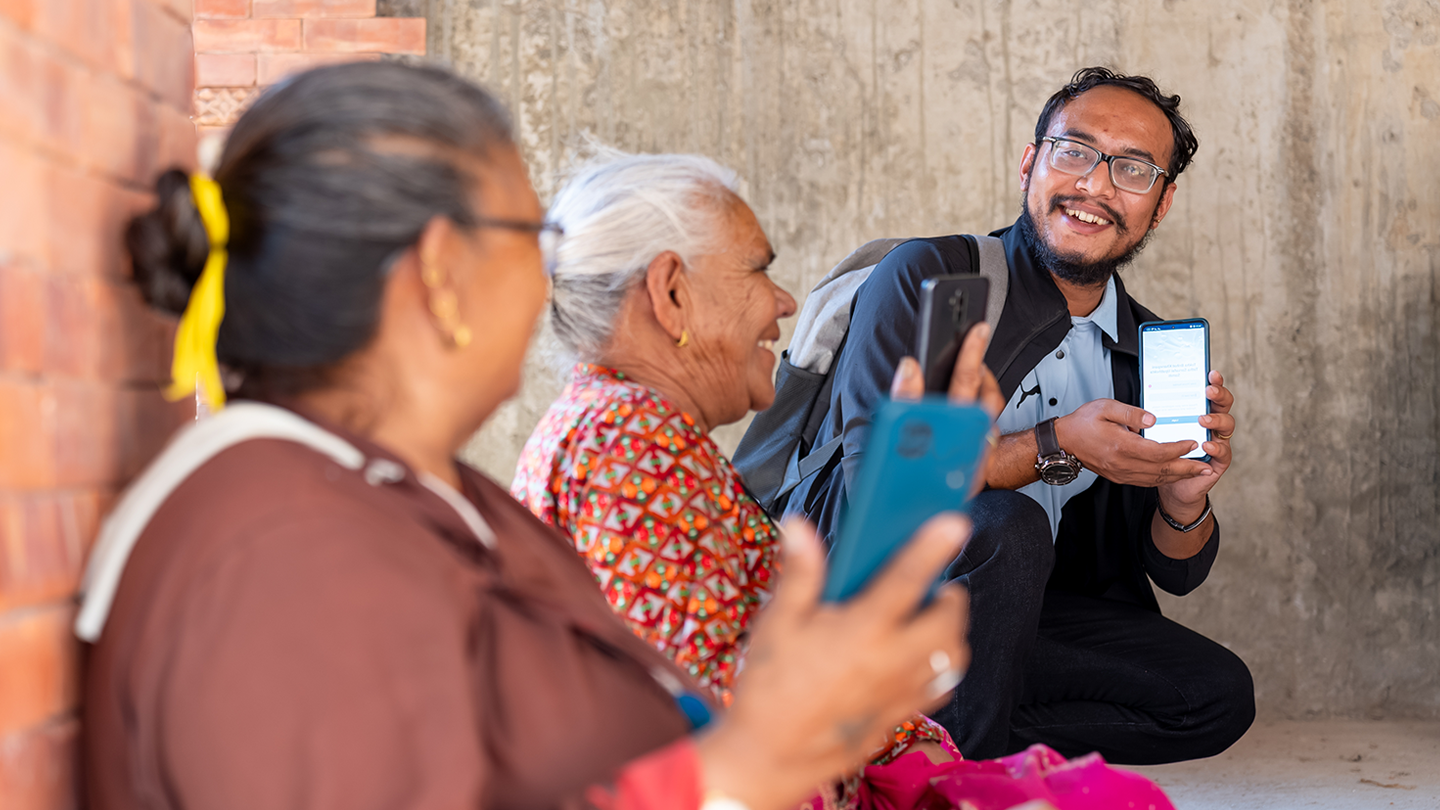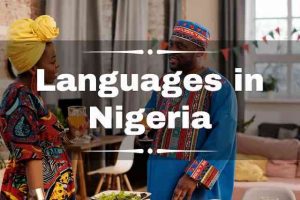Grants for educating the elderly on technology in Nigeria
As the world continues to advance technologically, it becomes imperative for all age groups, including the elderly, to stay abreast of these changes.
In Nigeria, the digital divide is still a significant issue, particularly among the older population. To bridge this gap, various grants have been established to educate the elderly on technology, ensuring they are not left behind in the digital revolution.
The Importance of Technological Education for the Elderly
Technological education for the elderly is crucial for several reasons.
Firstly, it promotes social inclusion, enabling older adults to communicate with family and friends through digital platforms.
Secondly, it fosters independence, allowing them to handle online banking, shopping, and accessing healthcare services. Finally, it contributes to mental well-being by offering opportunities for continuous learning and cognitive engagement.
Types of Grants Available
- Government Grants
The Nigerian government has initiated several programs aimed at enhancing digital literacy among the elderly. These grants often cover the cost of training programs, purchase of devices, and internet access. Examples include the National Information Technology Development Agency (NITDA) grants and various state-level initiatives. - Non-Governmental Organizations (NGOs)
NGOs play a pivotal role in providing technological education to the elderly. Organizations such as Paradigm Initiative and Digital Bridge Institute offer grants and run projects specifically designed to empower the older population with digital skills. These grants often include comprehensive training sessions and follow-up support. - Corporate Social Responsibility (CSR) Initiatives
Many corporations in Nigeria, especially those in the tech industry, have CSR programs that focus on digital literacy. Companies like MTN Nigeria and Google Nigeria provide grants and resources to train the elderly in using modern technology. These initiatives not only enhance the digital skills of the elderly but also contribute to the companies’ community engagement efforts.
Application Process
Applying for grants typically involves several steps:
- Research and Identify Suitable Grants
Potential applicants need to research and identify grants that cater specifically to the elderly. This can be done through online searches, community centers, and local government offices. - Prepare a Proposal
Most grants require a detailed proposal outlining the objectives, target audience, methods of training, and expected outcomes. It’s essential to provide a clear and concise plan to increase the chances of approval. - Submit Application
Applications can often be submitted online or through postal services. Ensure all required documents are included to avoid delays or rejection. - Follow-Up
After submission, it is advisable to follow up with the grant provider to track the application’s status and provide any additional information if required.
Success Stories
Several success stories highlight the positive impact of these grants. For instance, the Digital Bridge Institute has successfully trained over 1,000 elderly individuals in basic computer skills, significantly improving their quality of life. Similarly, MTN Nigeria’s Foundation has equipped numerous senior citizens with smartphones and the necessary skills to use them effectively.
Conclusion
Grants for educating the elderly on technology in Nigeria are essential for promoting digital inclusion and enhancing the quality of life for older adults.
Through government initiatives, NGOs, and corporate CSR programs, the elderly can gain the necessary skills to navigate the digital world confidently.
By continuing to support and expand these grant programs, Nigeria can ensure that its elderly population remains connected, informed, and empowered in an increasingly digital society.














Post Comment